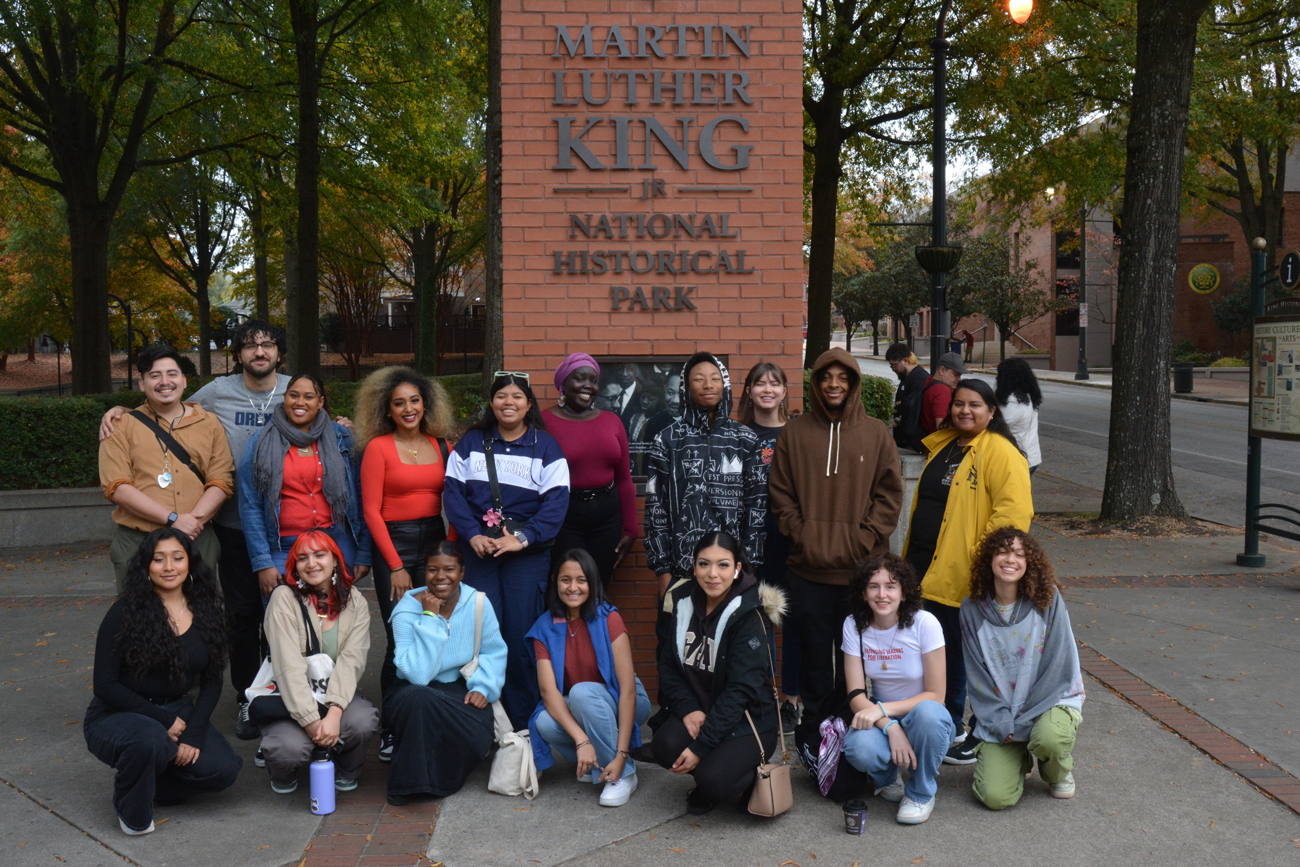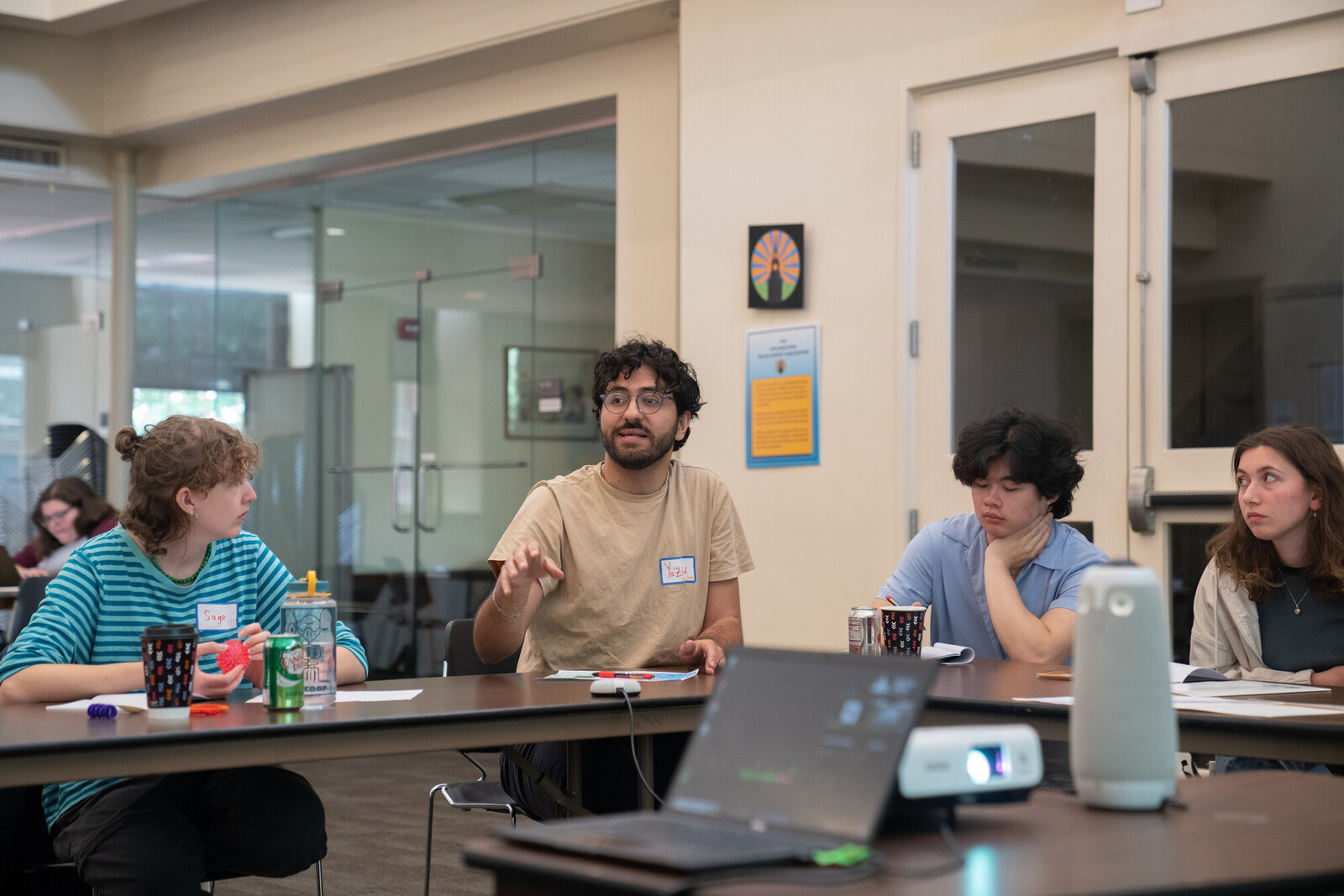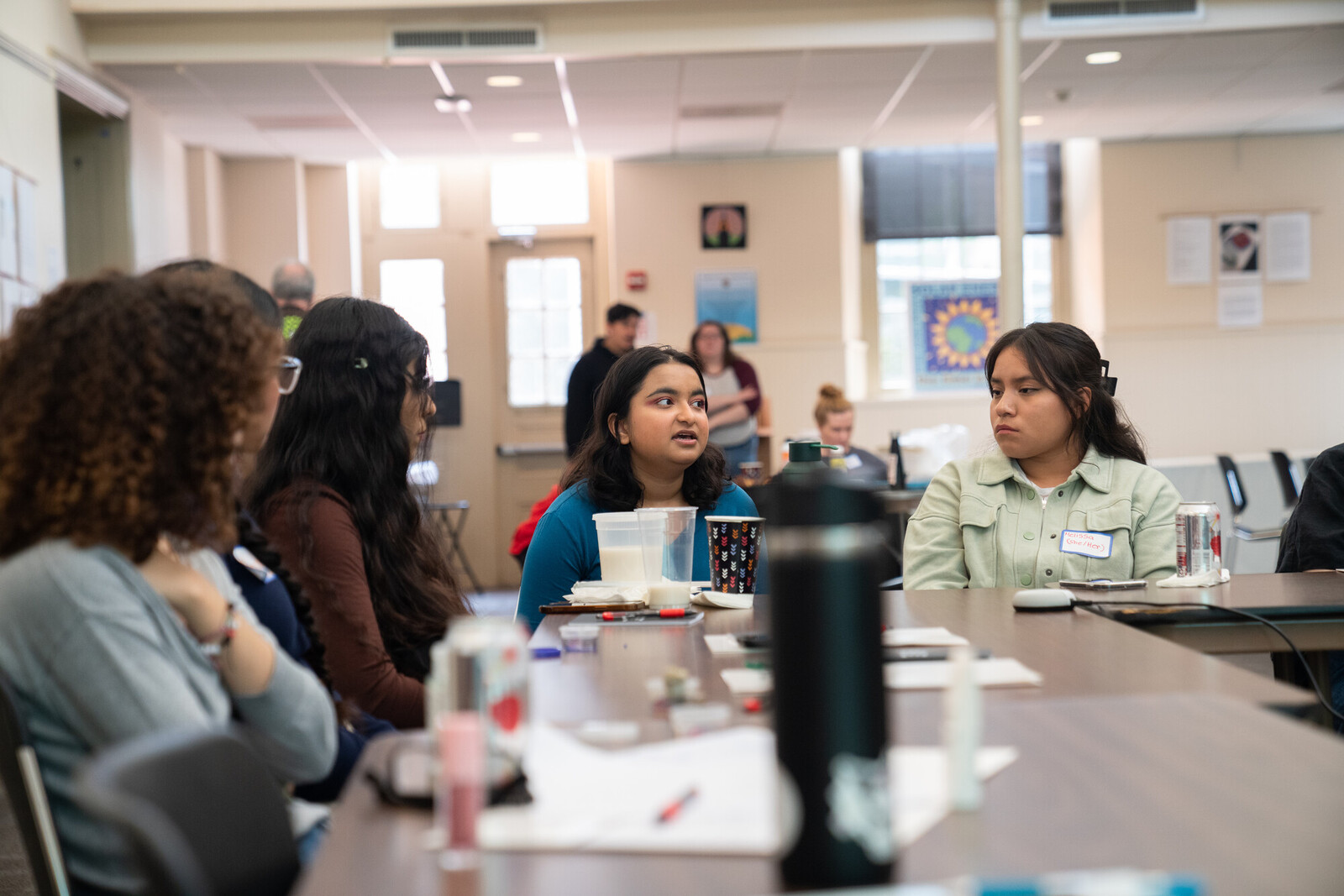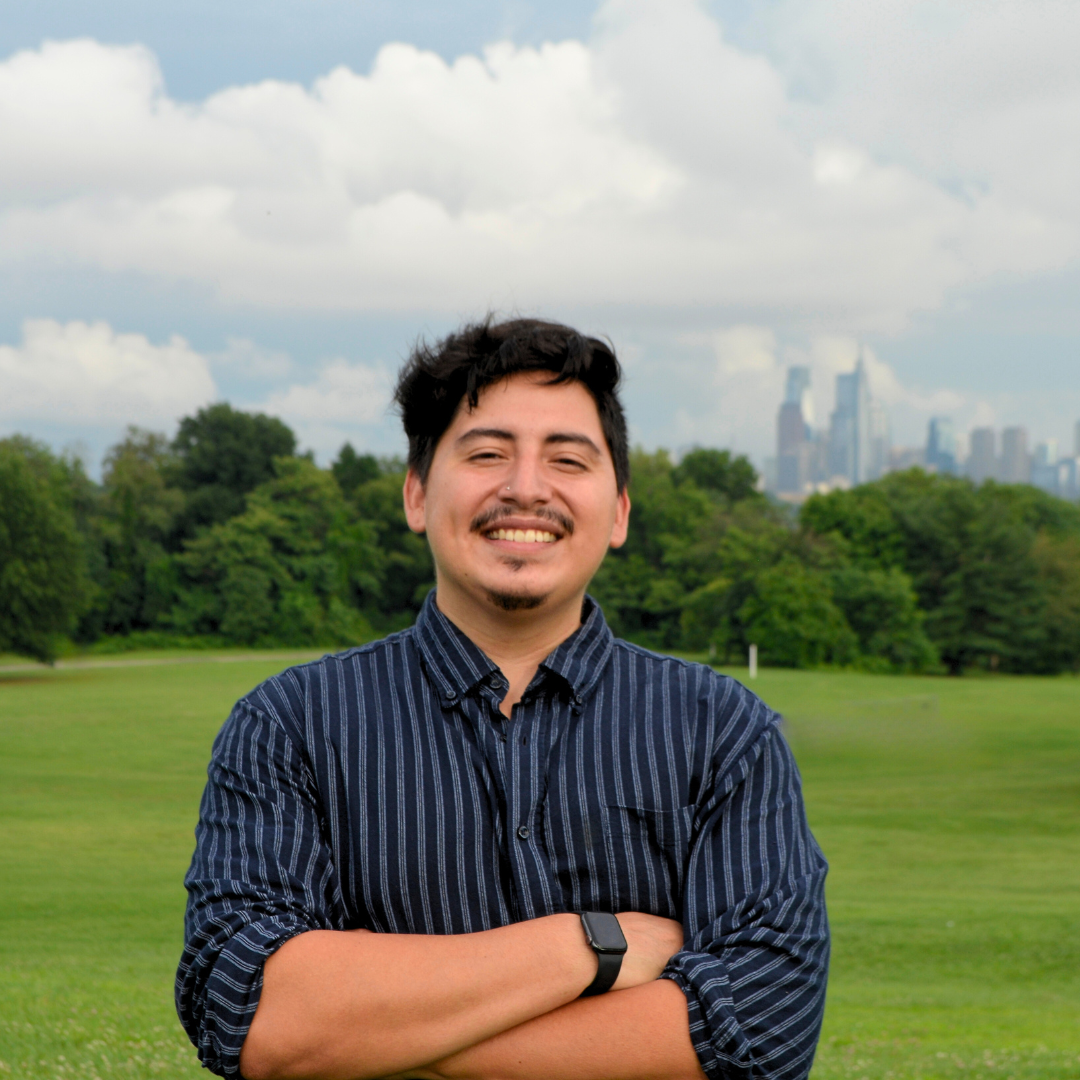
ELL participants at the conclusion of their program in Atlanta, Georgia.
In November, AFSC concluded the second year of our Emerging Leaders for Liberation (ELL) program. ELL is an amazing opportunity for young people to develop their social justice and leadership skills, and teaches them how to apply what they learned in organizing and advocacy in their communities.
This second cohort of ELL participants included 20 young people from 10 different states. Many have worked with local AFSC programs or are part of Quaker meetings, colleges, or organizations. Each member has also focused their work on a social justice issue they’re committed to advancing, including migrant rights, education equity, peacebuilding, health access, Indigenous rights, policing in schools, and LGBTQ rights.
As ELL director, it has been an honor to support these young leaders in their efforts. Over eight months, we brought cohort members together for monthly trainings, both in-person and online. During our first meeting in May, participants heard from Mary Zerkel, a decades-long community organizer and AFSC’s associate regional director of the Midwest Region. They also took part in workshops on community organizing 101, bystander intervention, nonviolence training, and principles of Quakerism. By coming together, they also learned from each other’s experiences, made critical connections, and expanded their understanding of what it takes to effect change.
In the months that followed, members heard from other experienced community organizers from AFSC and beyond. They learned about models for creating systemic change. We discussed worker strikes, migrant organizing, lobbying work on climate action, alternative models to policing, and direct-action campaigns. We explored the intersectionality among society’s most pressing issues and why our organizing must also be intersectional, centering people harmed by multiple systems of oppression.
“The trainings weren’t just lectures—they showed us how people have been doing this work for years,” one participant shared. “They put everything I had been thinking about into words. Now I feel like I know what I’m talking about when it comes to organizing a community.”
ELL participants also learned about Quakers’ long history of working for peace and justice. This aspect of the curriculum exposed many to Friends’ distinct legacy of nonviolent social change—and what it means to put faith and values into action.
As part of the program, participants applied what they learned to plan projects to address systemic issues in their own communities. They coordinated public education events and shared resources through a range of projects, including:
-
An online panel focused on health access as a human right.
-
Lobbying training on nuclear disarmament.
-
An interview series on the impact of climate injustice on Indigenous communities.
-
Direct-action trainings for demonstrations in support of Palestinian rights.
-
Community-building efforts for LGBTQ people.
-
Education workshops on the effects of book bans.
-
Financial literacy and community-building workshops.

Cohort members in Philadelphia at a gathering last spring. Photo: Angela Edwards
For our final convening in November, participants traveled to Atlanta, Georgia. There, they heard from AFSC’s South Region staff about working for economic justice and safe, affordable housing for all. They visited the Atlanta Friends Meeting for a Stop Cop City direct-action training, as part of a coalition effort to halt the construction of a militarized police training facility in the city. They also took part in workshops on self-care, leadership, and spiritualism within organizing.
As part of concluding this year’s cohort, they presented their action projects. It was inspiring to hear them talk about the difference they had made for their communities. They explained how their projects helped people understand their rights, get information that would help them thrive, mobilize on issues they care about, and more. As they talked about the challenges they faced, I was also inspired to see how ready they were to take on any obstacles that might come their way in working for change.
Working with these young people over the past eight months has been a tremendous experience. Many shared with us their appreciation for this opportunity:
“I have so much gratitude for this program. It provided opportunities of education, engagement, and travel that I’ve never before had access to. I will certainly be recommending this program to everyone I know who does this type of work and those who would like to know more.”
“I’m a low-income adult, was once a low-income child and the thought of flying out anywhere felt impossible. [Opportunities] like this feel like they were whispered and presented to my white peers and kept from teens like me. The process was so easy. I’ll always treasure this program.”
This year’s ELL showcased the power of youth organizing—and the ability for social change work to unite people from across the country under a common goal: addressing systemic violence and oppression. We are proud to support these young leaders in their efforts to build a better future for all.

